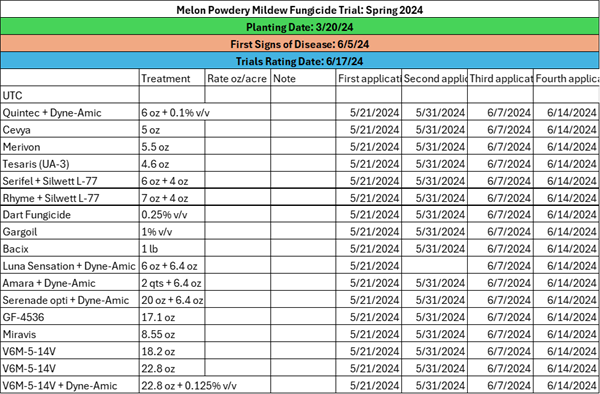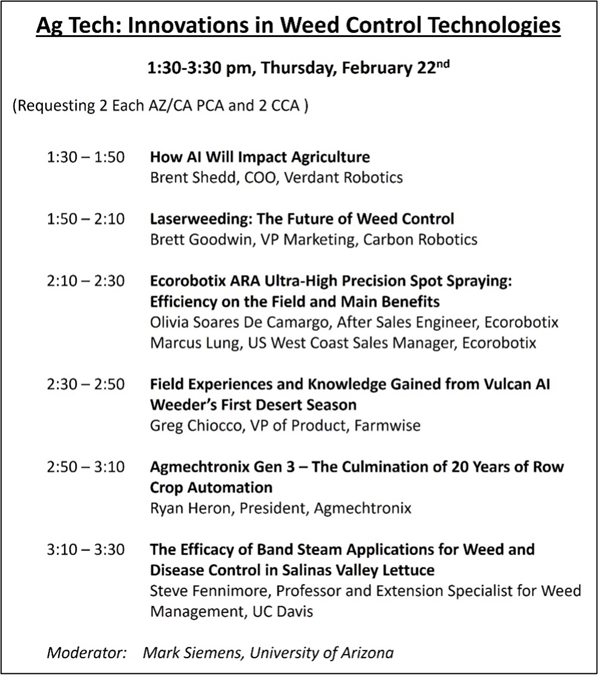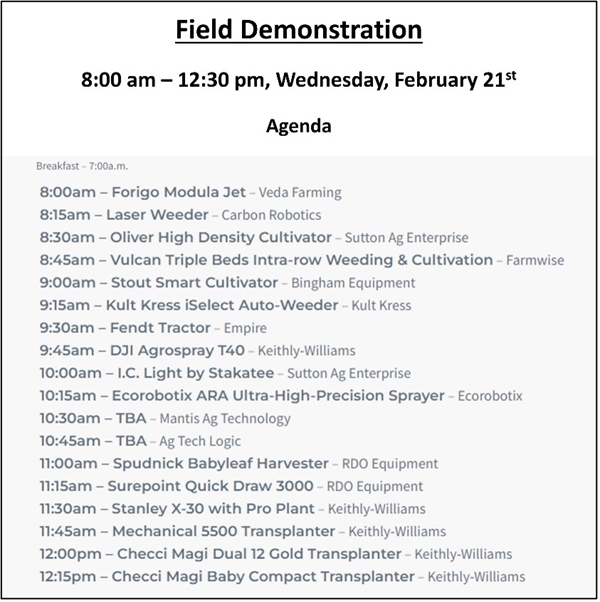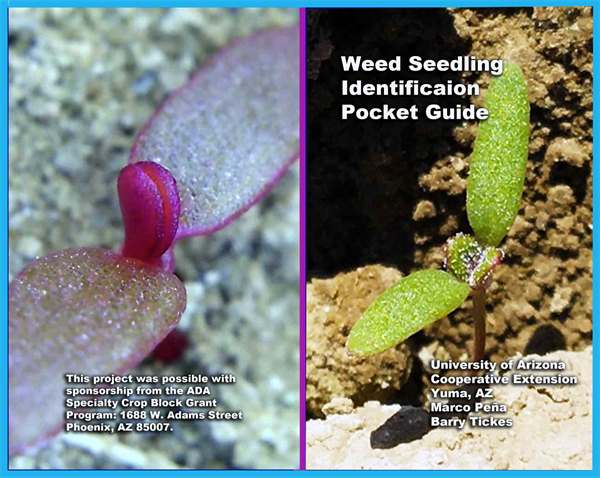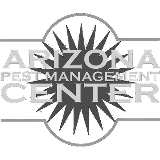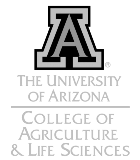Feb 7, 2024
The Best Agricultural Technology
The continuous development, testing, and incorporation of technology in agriculture is amazing. I recently attended a western agricultural conference and when visiting the industry displays and booths, I was impressed with the new technologies that are coming into the agricultural arena.
Technological devices are tools and like all other tools, they are put to their best use in the hands of skilled craftsmen.
We have many excellent examples of technological tools in the crop production systems of the desert Southwest. A basic example comes from the equipment used to till the fields, prepare a good seedbed, and then to plant a new crop by seed or transplant. Excellent articles are provided in this newsletter on this topic regularly. We tend to take this kind of equipment for granted until you must do the job by hand or with older technology.
Any new technology needs to be fully tested and demonstrated before anyone can expect it to be appropriately implemented. That involves communicating the background, purpose, and utility of any new technology. The cost/benefit ratios need to be worked out and presented. A critical step in implementation is demonstration and establishing prima facie evidence to support the value of the new technology. Testimonials are nice but there needs to be solid evidence to support claims of merit. In science ideas demand testing and the presentation of proof.
A lot of emphasis recently has been placed on the technology and new tools available for soil-plant-water management and irrigation management. There is a tendency for some people to think that our problems can all be solved with crop water management if we would just use the right technology. In my view, some of the new irrigation technology is great and it can potentially be very useful in managing crop irrigation in the field. But technology itself is not a panacea.
Despite the technological advancements that we do use and benefit from, the best potential improvements are dependent upon the skill and expertise of the farmers or field managers involved. The skill set required to plant a crop, get a good stand, manage it to the proper level of maturity, harvest the crop, and then get it to market is indispensable and the responsibility comes down to individual farmers and farmer managers.
The successful management of irrigation technology is totally dependent on the skill of the operator to make a personal assessment of a broad array of factors. These factors include a review and assessment of the field in terms of crop condition and stage of growth, the soil moisture levels in relation to field capacity of the soil, the crop-specific irrigation requirements, allocating the appropriate amount of irrigation water needed, and the optimum time of application.
The ability of the farmer and/or farm manager to evaluate soils in the field regarding texture, water holding capacity, and current soil-water levels is essential. Simple methods such as using a soil probe and estimating soil-water levels by feel with their hands remains and will continue to be a critical skill for farmers and field managers.
I believe this is particularly true if one is trying to employ new technologies for irrigation management. A good farmer can tell if the tools and technologies being employed are working properly. They are the ones that usually take new tools to levels of use above and beyond what the developers were able to envision.
We all need a baseline in relation to crop-water management and the fundamentals will continue to be an important part of a farm manager’s skill set. The new technologies may serve as good tools, but they will not replace the capacity of a farm manager to go into the field and figure out what is going on, put the tools or technologies to work appropriately, and not only apply them but do it well.
Fundamentals are important, and they always will be. This illustrates the fact that skilled professionals are essential in crop production.
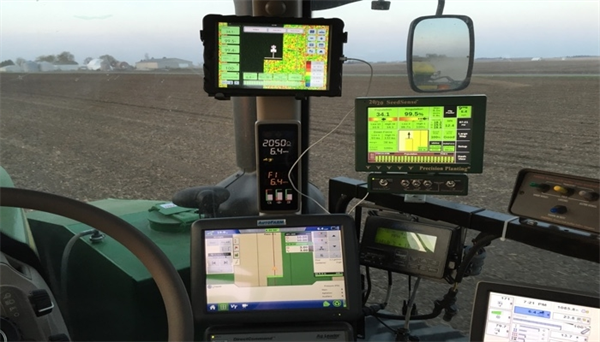
https://www.aglaw.us/agtech
To contact Jeff Silvertooth go to:
silver@ag.arizona.edu







